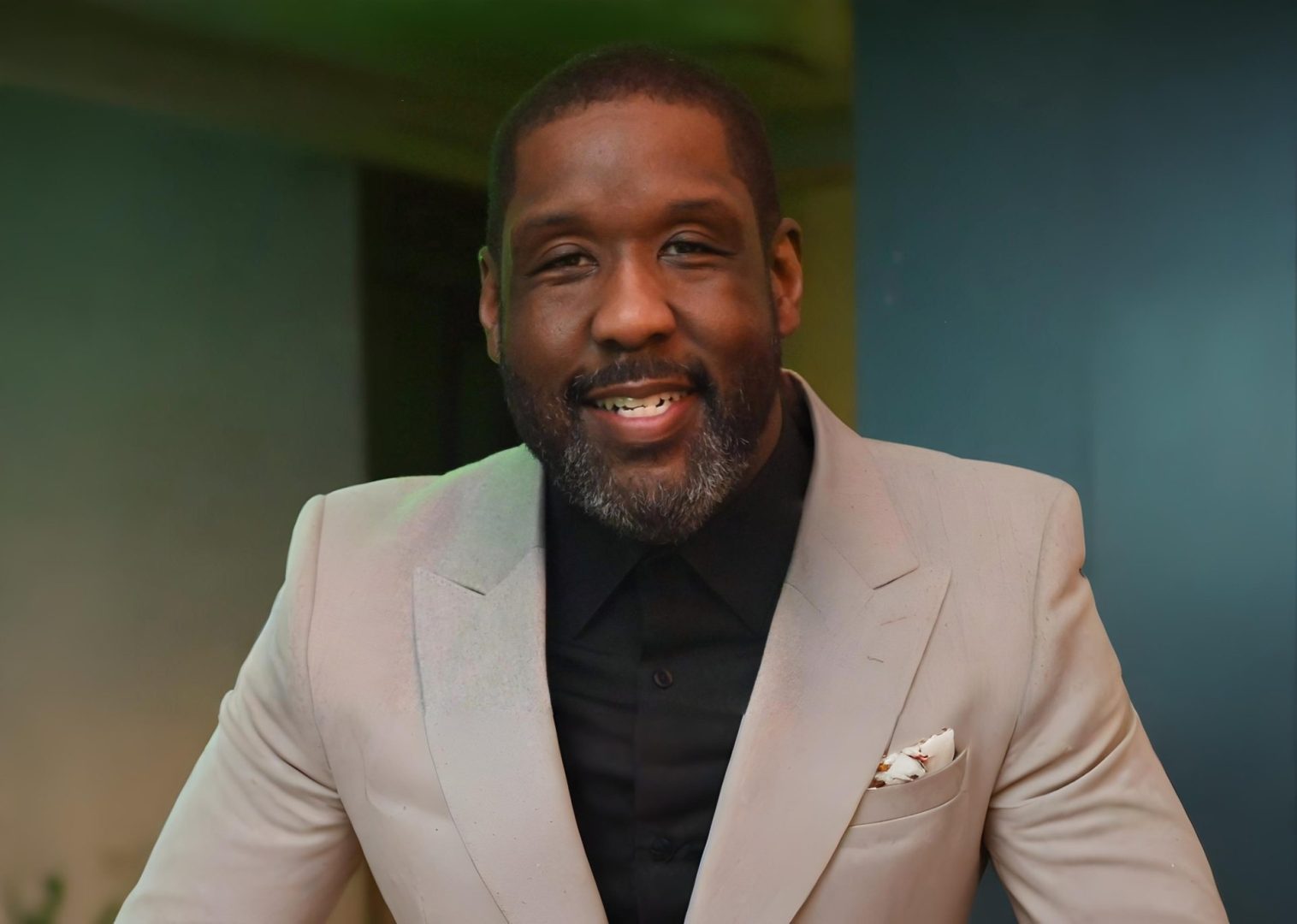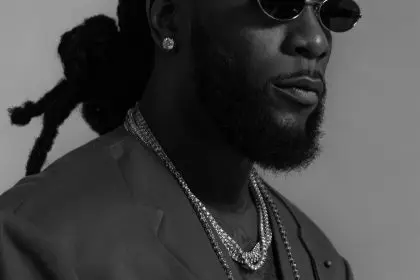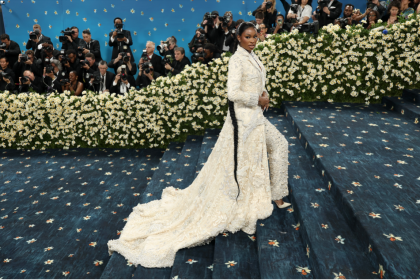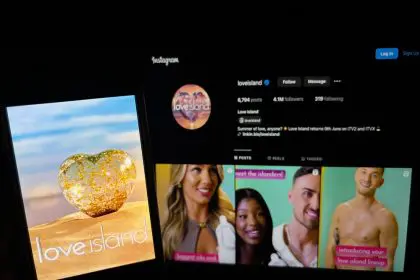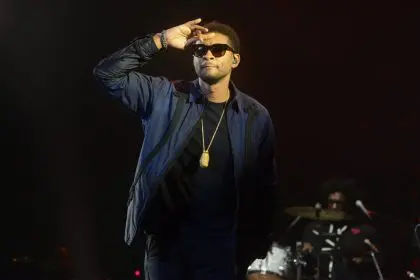In the rhythmic landscape of contemporary music, Adam Blackstone moves with the assured confidence of someone who has mastered multiple terrains. Known primarily as the musical director for superstars like Justin Timberlake and Rihanna, Blackstone recently secured his first Grammy Award, not for hip-hop or R&B as many might have expected, but for Best Musical Theater Album for Alicia Keys’ “Hell’s Kitchen.”
This unexpected pivot into Broadway demonstrates the versatility that has made Blackstone an indispensable force in modern music production. During a recent conversation with Munson Steed for Rolling Out, Blackstone revealed how classical training established the foundation for his dynamic career and why representation matters across all musical genres.
The lifelong gift of musical literacy
When asked about the value of learning an instrument early in life, Blackstone doesn’t hesitate. “For life, that’s something you never forget,” he asserts, describing how learning to read music in second grade provided him with a transferable skill that has only expanded over time.
This early musical literacy established 5 crucial advantages that separated him from musicians who play solely by ear:
- The ability to chart scores for prestigious events like the Academy Awards
- Understanding string arrangements beyond his primary instrument
- Communicating effectively with bass players about root notes
- Translating rhythmic piano patterns for drummers
- Developing disciplined practice schedules that transfer to all areas of life
“The discipline that it takes to do that is something that we need to implement in our lives daily,” Blackstone explains, highlighting how musical training teaches broader principles of “practice schedule setting, the use of space, how loud space is.”
An unexpected Grammy pathway
The conversation takes a revealing turn when Blackstone discusses his Grammy win. “So many doors opened up since I got the Grammy, specifically because of the category that I won in, best musical theater album,” he says with notable surprise in his tone. “I must be honest and say I thought I would win a Grammy for other things before that.”
This professional plot twist carries particular significance for Blackstone, who produced, arranged, and orchestrated the award-winning album alongside Alicia Keys. His daughter has already seen the Broadway production twice and plans to return, suggesting a personal connection that transcends professional accomplishment.
More importantly, Blackstone recognizes the cultural significance of his achievement. “The doors that open up for me seem to open up for other black and brown children as well,” he reflects, noting the historical scarcity of representation in Broadway’s creative leadership. While acknowledging predecessors like “The Wiz” and performances by Audra McDonald, Blackstone positions himself as a bridge between contemporary popular music and traditional theater.
“I still do hip hop, I still do r&b, I still love walking through my city of Philadelphia,” he explains, emphasizing how his multicultural musical identity allows him to introduce new audiences to Broadway traditions while maintaining authenticity to his roots.
Redefining nepotism as community empowerment
Perhaps most revealing is Blackstone’s unabashed embrace of what some might critically label as “nepotism” in his business practices. Rather than avoiding the term, he reclaims it as a positive force for community building.
“I’m so much about inclusion, not just in diversity, but nepotism as well,” Blackstone declares without hesitation. His professional circle intentionally includes family members and longtime friends: “My cousin, my whole manager, my wife is my CFO. My friends are my security, my band, all of that, they are my friends. They just happen to be the best in the world to me.”
When Steed reframes this practice as love rather than mere favoritism, Blackstone acknowledges the double standard often applied to Black professionals. “I see the other folks do it more than we do it sometimes,” he notes, implying that white industry figures routinely practice nepotism without similar scrutiny.
This perspective rejects the notion that nepotism necessarily compromises quality. Instead, Blackstone positions it as a mechanism for community wealth building and professional development. His approach suggests that excellence and familial loyalty need not be mutually exclusive, especially in communities historically excluded from industry power structures.
The art of musical collaboration
Blackstone’s collaborative approach reveals another dimension of his professional philosophy. When working with established artists like Jimmy Jam, Alicia Keys, or Questlove, he emphasizes humility and historical respect.
“I have to take self out of it, because if you have any sort of ego in this game, especially when you’re working for or with someone, it’s going to ruin you,” he explains. This ego-free approach doesn’t mean creative passivity. Rather, Blackstone sees his role as enhancing rather than replacing established sounds, “What I do is try to make what they’ve already done, enhance it and make it more of a movie for today.”
This balance between innovation and tradition reflects Blackstone’s understanding of music as an evolving continuum rather than a series of disruptions. His collaborators “encourage me to press the boundaries and push limits, but also remain integral about where the music came from,” creating a dynamic tension between historical respect and contemporary relevance.
Beyond genre limitations
Throughout the conversation, Blackstone consistently resists genre pigeonholing, embracing a musical identity that transcends conventional categories. His Grammy win for musical theater rather than R&B or hip-hop symbolizes this versatility.
While acknowledging jazz as “the longest American culture of music,” he moves comfortably between Broadway arrangements, hip-hop production, and classical orchestration. This fluidity challenges the racial coding often applied to musical genres, demonstrating that Black musicians need not be confined to historically Black musical traditions.
As Blackstone continues expanding his professional horizons, his career presents a compelling case study in how early musical literacy can create unexpected opportunities decades later. His journey from reading sheet music in elementary school to Broadway success offers a powerful reminder that foundational skills often find application in unforeseen domains.
For aspiring musicians, particularly those from communities underrepresented in classical training, Blackstone’s path suggests that technical mastery provides more than just immediate performance capabilities, it creates a lifelong passport to diverse musical territories, some of which may not even exist when the journey begins.

